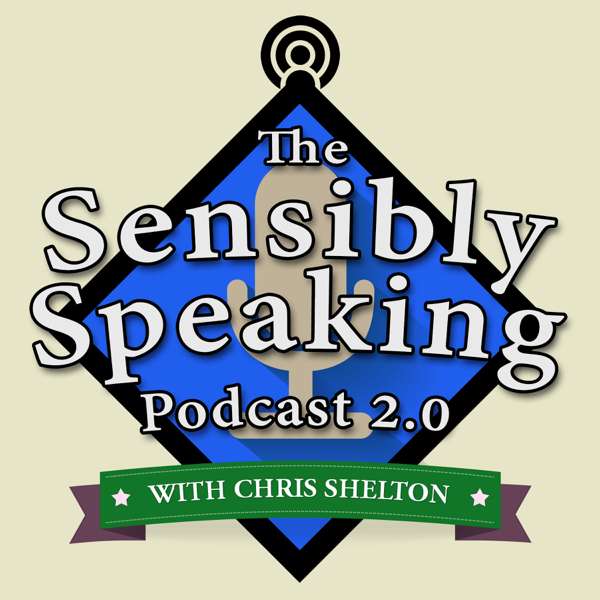Hello and welcome to this episode of Physical Attraction.
We have a special couple of guests on the show today. Listeners to our episodes about QE for the People will remember that we briefly mentioned Modern Monetary Theory as a new perspective on how economics works, and I'd talked about getting some MMT speakers on the show to explore that in more detail.
I was lucky enough to get the hosts of the MMT Podcast, Patricia Pino and Christian Reilly, who have interviewed many of the founding scholars and most active economists in MMT as part of that brilliant podcast. We had a very wide-ranging discussion, they were incredibly generous with their time, which I am grateful for.
In our discussion, we'll be talking about some of Modern Monetary Theory's big ideas, including:
Why everything you were taught about where money came from, and comes from is wrong Why your taxes technically don't pay for the things you think they pay for Why the US and UK governments cannot "run out of money", and why you maybe shouldn't be so afraid of the national debt What the real limits on government spending actually are Why the current economic theories require millions of people to be long-term unemployed, and why
I've divided the podcast into two episodes. The first deals with a background of MMT, exploring the historical and anthropological question "Where does money come from?". The second episode (which is longer!) deals with the consequences of Modern Monetary Theory for our society, some ideas of how it can be used to run economies more effectively and solve many of the biggest problems that we face in the world, and is therefore slightly more political, so there is a content warning there if you don't want to hear any discussion of politics.
I realise that this podcast is not an economics podcast, and it's not billed as such. But I have become convinced, especially recently, that so many of the concerns that we have been talking about recently - this intersection between technology, inequality, and global catastrophic risks, the necessity of dealing with climate change, and so much else in the world - it is necessary to have a deeper understanding of economics, which is in the background of so much that is going on in the world. MMT, to my mind, when it's properly interpreted and described, makes some points that the "classical" understanding of economics misses out on. And even if you disagree with it, I think it's a fascinating area: I have certainly been fascinated by it - and I hope that you find it valuable. As ever - if not, you can always get in touch with me via the contact form on physicspodcast.com and let me know what you think... or just wait a few days and we'll have a different episode available for you on a different subject. Just don't ask for your money back.
Thanks very much for listening to this episode. You can find the Modern Monetary Theory podcast where-ever you're listening to this, and I really do recommend it if you want to hear about much more details on MMT directly from the economists who are working on this stuff; they are on Twitter at MMTPodcast, where you can also find Christian and Patricia's own accounts if you want to follow them. They also have a Patreon with bonus episodes, just like we do, so do check that out as well. And many thanks again to them for coming on the show.
As for our show, we are on the web at physicspodcast.com. Any comments, questions, concerns, things you'd like to hear about, feedback for this episode which I know is a little outside what we often talk about - please do let me know, I'd love to hear what you think, and the contact form is there, it goes to my email and I try to respond to everything people send. If you've found this useful, you can support the show on PayPal, subscribe to the Patreon at Patreon.com/PhysicalAttraction, where you will find many bonus episodes, including the complete Softbank Series and some Climate 201 episodes ahead of their general release, as well as some episodes that are only on the Patreon for subscribers there. Thanks to those of you who have done that already; all of the details, alongside where to find us on social media, are on the website at physicspodcast.com.

 Our TOPPODCAST Picks
Our TOPPODCAST Picks  Stay Connected
Stay Connected







